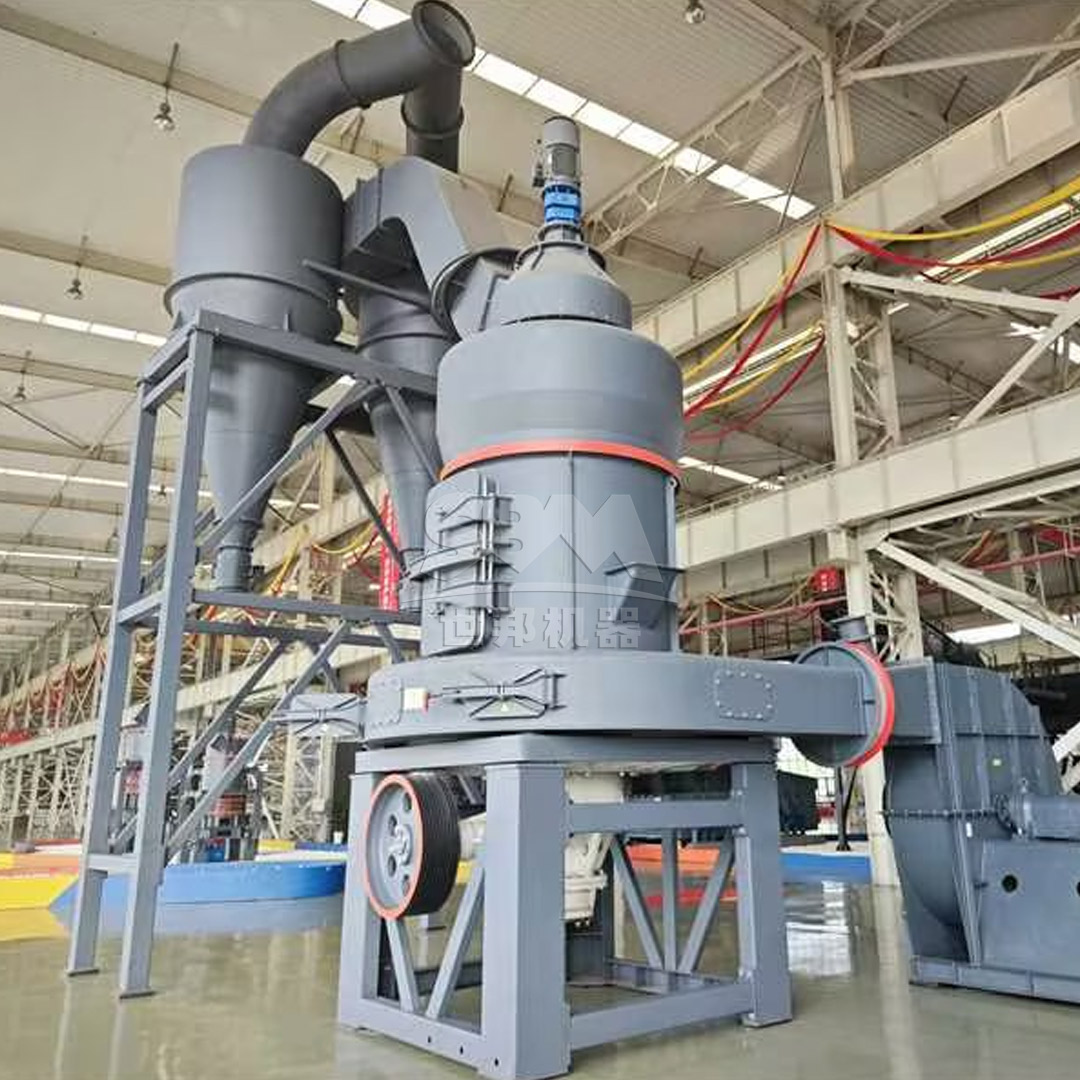Barite (barium sulfate) is a critical weighting agent in drilling mud formulations for oil and gas exploration. Its high specific gravity (4.2-4.5) increases mud density, controlling formation pressures and stabilizing boreholes. The efficiency of barite in drilling mud is highly dependent on its particle size distribution and purity. Vertical Roller Mills (VRMs) have emerged as the preferred technology for grinding barite to the required fineness for optimal performance in high-density drilling fluids. This article explores the technical advantages of VRMs in barite processing and highlights advanced solutions for modern drilling operations.
In drilling mud applications, barite must meet API (American Petroleum Institute) specifications regarding particle size, density, and chemical composition. Specifically, API requires that:
| Parameter | API Specification | Importance |
|---|---|---|
| Particle Size (μm) | 97% ≤ 75μm | Prevents settling, maintains suspension |
| Specific Gravity | ≥ 4.20 g/cm³ | Provides adequate mud weight |
| Soluble Alkaline Earth Metals | ≤ 250 mg/kg | Prevents chemical contamination |
Inadequate grinding can lead to rapid settling of barite (barite sag), which causes well control issues, stuck pipe, and formation damage. VRMs excel in producing consistently fine barite powder with uniform particle size distribution, minimizing these risks.
Traditional grinding systems like ball mills or Raymond mills often struggle with the high density and abrasiveness of barite ore. They typically exhibit high energy consumption, excessive wear, and inconsistent product quality. VRMs address these challenges through their unique grinding mechanism:

VRMs consume 30-50% less energy compared to ball mills. This is because grinding occurs by pressure applied to a material bed rather than by impact or attrition between tumbling balls, which is inherently less efficient. The power is directly used for comminution, not for rotating a heavy drum of grinding media.
The integrated dynamic classifier in a VRM allows for real-time adjustment of product fineness. By simply changing the classifier’s rotor speed, operators can precisely control the cut point to consistently achieve the desired D97 specification of ≤ 75μm, which is crucial for API-grade barite.
While barite is abrasive, VRMs are designed with wear protection in critical areas. Grinding rollers and tables are often made of high-chromium cast iron or similar wear-resistant alloys. Furthermore, the direct grinding mechanism means wear parts are larger and last significantly longer than the grinding media in a ball mill, reducing downtime and maintenance costs.
The vertical arrangement of a VRM gives it a small footprint, reducing the required space in the processing plant. Its fully enclosed structure and modern sound-dampening technologies ensure noise levels typically remain below 80 dB, creating a better working environment.

For barite grinding applications demanding high capacity, precise control, and operational reliability, our LM Series Vertical Roller Mill represents an optimal solution. Engineered for mineral processing, this mill is perfectly suited to handle the specific challenges of grinding barite to API specifications.
| Model | Grinding Disc Diameter (mm) | Capacity (t/h) | Output Fineness | Main Motor Power (kW) |
|---|---|---|---|---|
| LM190K | 1900 | 23-68 | 170-40μm (80-400 mesh) | 500 |
| LM220K | 2200 | 36-105 | 170-45μm (80-325 mesh) | 800 |
| LM280K | 2800 | 50-170 | 170-45μm (80-325 mesh) | 1250 |
The LM Series Mill’s ability to handle feed sizes up to 50mm and produce powder in the exact range required for drilling mud (typically 200-325 mesh) makes it an indispensable asset for modern barite processing plants aiming for high productivity and superior product quality.
To achieve the best results with a VRM for barite, several operational factors must be optimized:

The Vertical Roller Mill has revolutionized the processing of industrial minerals like barite. Its unmatched combination of energy efficiency, precise particle size control, and operational reliability makes it the technology of choice for producing high-quality API-grade barite for the demanding oil and gas industry. By investing in advanced VRM technology, such as our robust LM Series Vertical Roller Mill, producers can significantly enhance their product quality, reduce operating costs, and maintain a competitive edge in the global market for drilling mud additives.